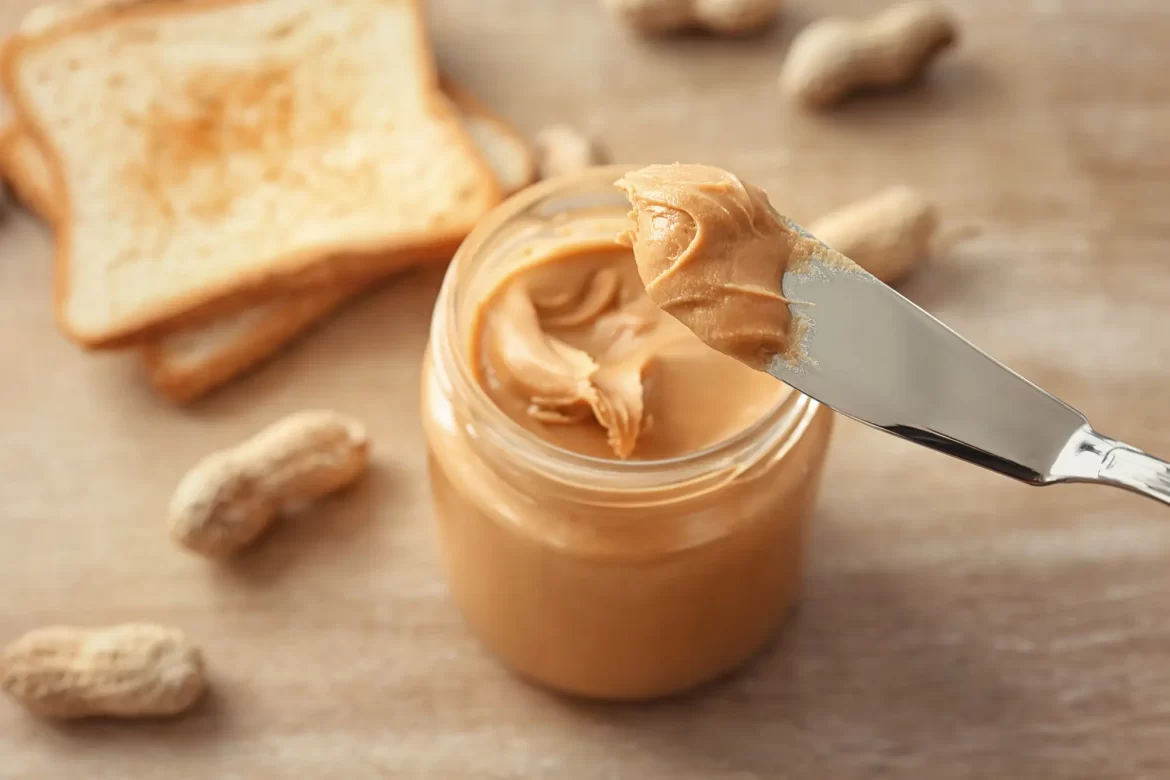Peanut Butter Nutrition and Health Benefits
Despite its nutritional benefits, peanut butter is high in fat and calories. Just 2 tablespoons deliver no less than a quarter of your recommended daily intake of fat, some of it saturated. Even so, the nutritional benefits of peanut butter most often outweigh the consequences, particularly for people who are nutritionally deprived or simply don’t get enough protein in their diets.
Health Benefits
Beyond its nutritional value, peanut butter contains compounds that can potentially promote weight loss and reduce the risk of heart disease.
May Help Support Weight Loss
Peanut butter is believed to aid in weight loss by promoting satiation (the sensation of feeling full soon after eating) because of its protein and fat content. By curbing your appetite, peanut butter may help maintain a healthy weight and reduce the risk of obesity. While peanut butter may help curb your appetite, it’s important to watch your portions. In the end, no food can be considered “diet” if two servings account for 50% of your daily fat and 20% of a 2,000-calorie diet.
May Help Reduce Risk of Heart Disease
Evidence that peanuts or peanut butter can reduce the risk of heart disease is largely mixed. Research acceded that eating 1.5 ounces of nuts per day may be beneficial to the heart but wouldn’t go so far as to say that it could prevent heart disease. Some scientists disagree. A 2016 review of studies from France suggested that an antioxidant in peanuts, known as resveratrol, can reduce cardiovascular inflammation and relax blood vessels, increasing circulation and lowering blood pressure. It is also known to decrease in LDL oxidation, which contributes to the development of atherosclerosis (hardening of the arteries) and coronary artery disease.














